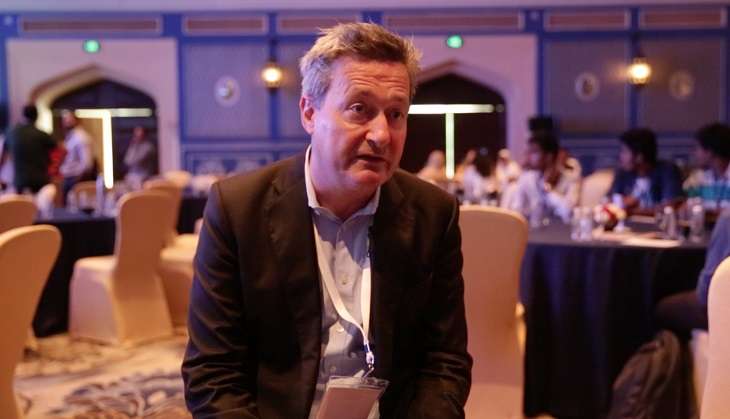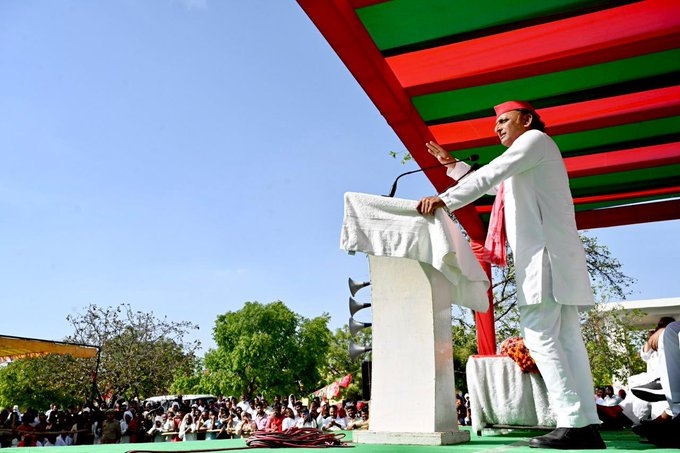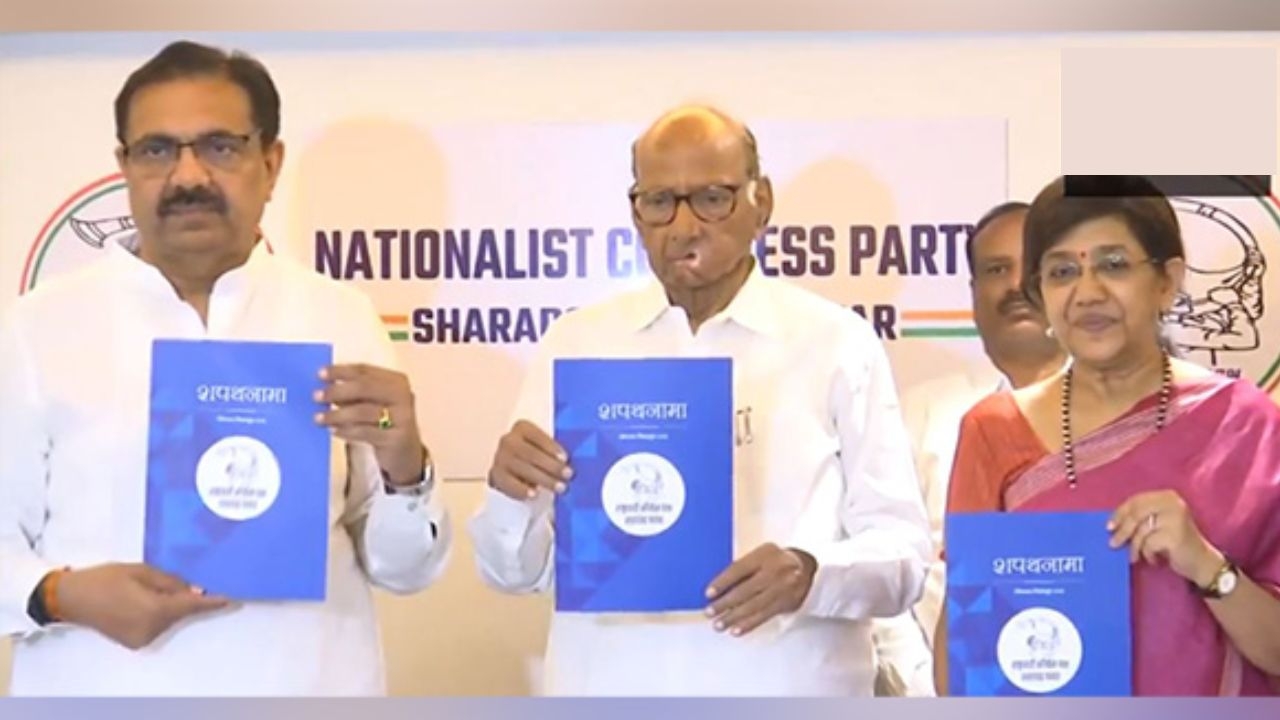
When the Panama Papers broke, it almost seemed like a V for Vendetta moment. Finally, the global conspiracy among the world's wealthiest had been unearthed. Finally, we had what it would take to break a corrupt system. And then, just like that, the clamour died down, seemingly for good.
So what exactly were the Panama Papers, did they actually achieve anything and will anything more come of them? These were the questions that Gerard Ryle, head of the International Consortium of Investigative Journalists (ICIJ), answered at Talk Journalism 2016 in Jaipur.
The Panama Papers
When The Indian Express suddenly put out teasers on social media promising a major story, it got the entire Indian news media in a frenzy. What was this major break that justified such massive social media build up from the normally restrained Express? Was it just a drastic revamp of their normally sombre social media or would it be as big as Express were making it out?
As it turns out, the scoop that had Express so excited was every bit as big as they had claimed, if not bigger. Because when readers woke up to their morning paper, it turned out that Express was part of a global reporting effort, breaking news of the biggest leak of secret documents in history - the Panama Papers.
The whole leak, co-ordinated by Ryle's ICIJ, consisted of over 11.5 million files in total and was over 2,000 times the size of the WikiLeaks cables. It shed light on widespread tax evasion worldwide. With the names of politicians, celebrities and corporate bigwigs figuring in these documents, it captured the global imagination like nothing else at the time.
A Fleeting Phenomenon
When the papers broke this news, showing links between the world's wealthy and shell companies in tax havens being used to avoid paying tax, the general public expected heads to roll.
In India, Express reported that personalities like Amitabh Bachchan, Aishwarya Rai and others were implicated in the documents. This had people thinking that India's wealthiest, a class that usually avoided any scrutiny or punishment (ask Salman Khan) might finally be hauled up. After all, "allegedly" running over the homeless is one thing for the government, but when you steal their money, surely consequences would follow?
In true Indian fashion, we bayed and waited for blood. But there was none to be had. Just a week after the big break, even as Express was still putting out information, the Panama Papers had slipped off of the front page and then went out of the news cycle all together.
News today, results later
To those hoping for instant worldwide change, the Panama Papers was a disappointment. However, Ryle's long career in investigative reporting has taught him that, in reality, things don't work that way.
There were a few immediate successes Ryle pointed out - the most notable being the resignation of the then Icelandic prime minister. However, the wider repercussions didn't seem to materialise, leading many to wonder whether the leaks were worth the hype.
Ryle and Ritu Sarin, the journalist who lead The Indian Express team that worked on the leaks, were at pains to point out that this wasn't the case. Ryle told the audience that investigative committees had been set up in most of the countries where the papers had established tax evasion. However, Ryle explained, these investigations do not play out on the front page of papers but behind closed doors.
Sarin reiterated Ryle's comments, reminding the audience that Prime Minister Modi also ordered the setting up of a committee to investigate Express' revelations. In the less than 3 months since the news, the Indian government has already issued summons to multiple overseas firms in connections with the leaks. While journalists aren't privy to these investigations, Sarin seemed certain there is progress being made, even if she wasn't sure how much.
Ryle himself was of the opinion that actual repercussions would only be felt about a year after the news was broken.
What next for the Panama Papers?
In May of this year, ICIJ put over 200,000 documents related to the leaks in the public domain. However, the vast majority of files have not been released to the public, because it contains sensitive and private information and because it doesn't serve any public interest.
However, while ICIJ continues to disseminate the documents, its future has never been less certain. In fact, even as the organisation co-ordinated the Panama Papers reporting worldwide, it was forced to lay off staff and vacate its office space for want of funding.
Ryle admitted as much, adding that part of the reason for his presence in Jaipur was to show people the work they'd done and possibly gain funding. He also admitted that ICIJ, currently a not-for-profit entity, might have to change its model to survive. Regardless, financial stability is key if ICIJ is to follow these leaks to their logical conclusion.
Things are looking up though, the Papers have proved that ICIJ is a vital tool in the service of public interest and that may help get funding. Additionally, since the leaks, more media organisations, including some in Africa, have come on board, widening the impact of the papers. So even if you don't hear anything about the Panama Papers these days, you probably will in the coming year.
First published: 31 July 2016, 11:30 IST


![BJP's Kapil Mishra recreates Shankar Mahadevan’s ‘Breathless’ song to highlight Delhi pollution [WATCH] BJP's Kapil Mishra recreates Shankar Mahadevan’s ‘Breathless’ song to highlight Delhi pollution [WATCH]](http://images.catchnews.com/upload/2022/11/03/kapil-mishra_240884_300x172.png)

![Anupam Kher shares pictures of his toned body on 67th birthday [MUST SEE] Anupam Kher shares pictures of his toned body on 67th birthday [MUST SEE]](http://images.catchnews.com/upload/2022/03/07/Anupam_kher_231145_300x172.jpg)






